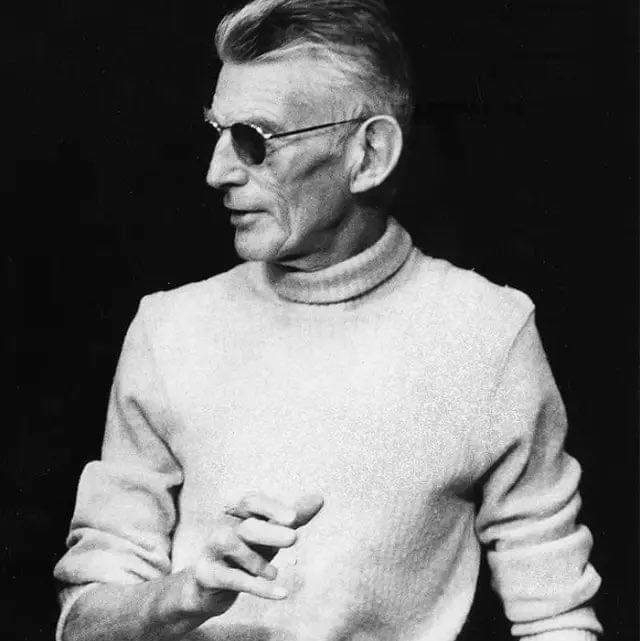"Not one person in a hundred knows how to be silent and listen, no, nor even to conceive what such a thing means. Yet only then you can detect, beyond the fatuous clamour, the silence of which the universe is made.". -Samuel Beckett
"Not one person in a hundred knows how to be silent and listen, no, nor even to conceive what such a thing means. Yet only then you can detect, beyond the fatuous clamour, the silence of which the universe is made."
-Samuel Beckett
The quote from Samuel Beckett offers a profound meditation on silence and the often overlooked power of listening in an incessantly noisy world. At the heart of Beckett's observation is the idea that true understanding and perception come not from the active participation in the ceaseless chatter of society but rather from the ability to be silent and absorb the subtler, often ignored, layers of existence.
Beckett's assertion that "not one person in a hundred knows how to be silent and listen" highlights a significant critique of modern human behavior, suggesting that most are lost in superficialities and constant noise, both literal and metaphorical. This inability to disengage from the endless stream of input—to stop producing noise and start listening—prevents individuals from experiencing deeper insights about themselves and the world around them. It implies a societal deficiency in the value placed on introspection and reflection, which are critical for meaningful personal and collective growth.
The phrase "nor even to conceive what such a thing means" intensifies this critique by suggesting a cultural blindness or lack of awareness. It points to the idea that the concept of true silence—beyond mere absence of sound—is alien to most. This form of silence is not empty but filled with the unspoken, the overlooked, and the profoundly subtle. It is a fertile space where deeper understanding and enlightenment can occur, where one can begin to "detect, beyond the fatuous clamour, the silence of which the universe is made."
The "fatuous clamour" Beckett refers to can be interpreted as the trivial, everyday distractions and mindless noise that fill our lives, preventing us from engaging with more significant, existential questions. This clamour drowns out the 'silence' he describes—a metaphysical concept that alludes to the foundational quietude underlying the universe's chaos. This silence is not just a lack of noise but a source of profound insight and intrinsic truth that is accessible only through introspection and a deliberate rejection of the incessant distractions of modern life.
In this context, silence becomes a creative and perceptive force. It is the quiet that allows the softer voices of nature and truth to rise to perceptibility. In learning to cultivate silence, we are not merely seeking refuge from the noise but are also endeavoring to tap into a more profound sense of being and understanding, aligning ourselves with the rhythms and truths of the universe itself.
Beckett’s message serves as a vital reminder of the importance of silence in an age of overwhelming information and constant stimulation. It encourages us to seek moments of quiet to better understand the deeper truths of our existence.


